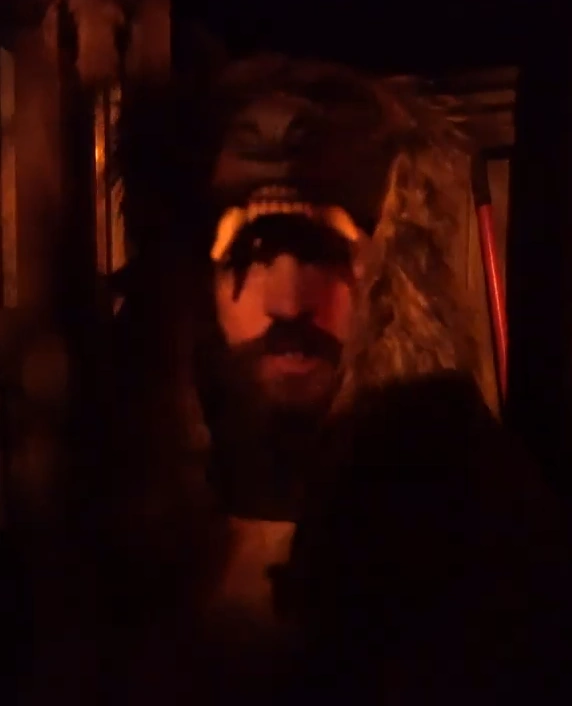


#RUFUS T FIREFLY HOW TO#
Next Section Director's Influence Previous Section Character List How To Cite in MLA Format Sexton, Timothy. Will review the submission and either publish your submission or provide feedback. You can help us out by revising, improving and updatingĪfter you claim a section you’ll have 24 hours to send in a draft. Kennedy would go on to appear in five times as many films as all the Marx brothers combined, albeit the bulk of that resume being comprised of shorts. Kennedy plays the lemonade vendor with whom Chico becomes embroiled and gets the best of in a classic scene of verbal sparring. Duck Soup would be his final appearance on screen with his brothers as he gave up acting to pursue his long-time interest in mechanical engineering before becoming a successful theatrical agent. He appeared in the first five films, but as a straight man and romantic lead. Unlike his three more famous brothers, Zeppo was not part of the comedic dynamic that defined a Marx Brothers film. Her co-star in A Day at the Races-Margaret Sullivan-claimed that Dumont did not realize that film was a comedy and she couldn’t understand why everyone was laughing. Groucho famously commented that offscreen she was exactly what she appeared to be in their movies: a bit stuffy, regal in bearing, very serious and-unbelievably, perhaps-often unaware she was in a comedy. Indeed, their scenes together in Duck Soup may be the highlight of their work together. She was the perfect foil for their anarchic sense of humor, teaming up especially well with Groucho. In fact, she appeared in every one of the Marx Brothers films universally agreed to be their best work. Firefly and he and Groucho perform a routine in which Pinky pretends to be Firefly’s reflection in a mirror, perfectly matching his movements.Īlthough not a Marx, Margaret Dumont actually appeared in more Marx Brothers films than two of the brothers: Zeppo and Gummo. Duck Soup features what is arguably Harpo’s most famous scene in any of the Marx Brothers films when he disguises himself as Rufus T. The only thing possibly worse than a spy who can’t stop talking is a spy who never says anything. The joke, of course, is built on the premise that Harpo’s recurring character is the exact opposite of Chico’s: he famously never talks, but acts entirely through mime. The same joke is extended to cover Harpo Marx, who is playing another spy. Chicolini is a character with a job that is one of the worst possible for some who is so talkative. Duck Soup makes particularly good use of another trademark of Chico's: his non-stop gift of gab. Just as Groucho sports his trademark painted mustache in every role so does Chicolini wear the trademark hat which Chico Marx sports in every movie. His characteristics are always the same even down to his outfit. Like his brother, Chico is playing a stock character playing Chicolini. He was a star just waiting for the movies to start talking. Only Harpo, really, could have perhaps enjoyed a greater career during the silent era and despite his absurd appearance and gift for physical comedy, Groucho’s biggest laughs are dependent upon his use of language. It is generally agreed that Groucho Marx was the first comedic legend produced by the “talkies” on a par with the famous comedic stars of the silent era. Not himself, as is generally thought, but the kind of standard comedic character popular at the time like Chaplin’s Tramp or Harold Lloyd’s assortment of optimistic go-getters. Hackenbush in A Day at the Races, Groucho Marx is always playing the same character. Firefly in this film or Captain Spaulding in Animal Crackers or Dr. We are thankful for their contributions and encourage you to make your own. These notes were contributed by members of the GradeSaver community.


 0 kommentar(er)
0 kommentar(er)
